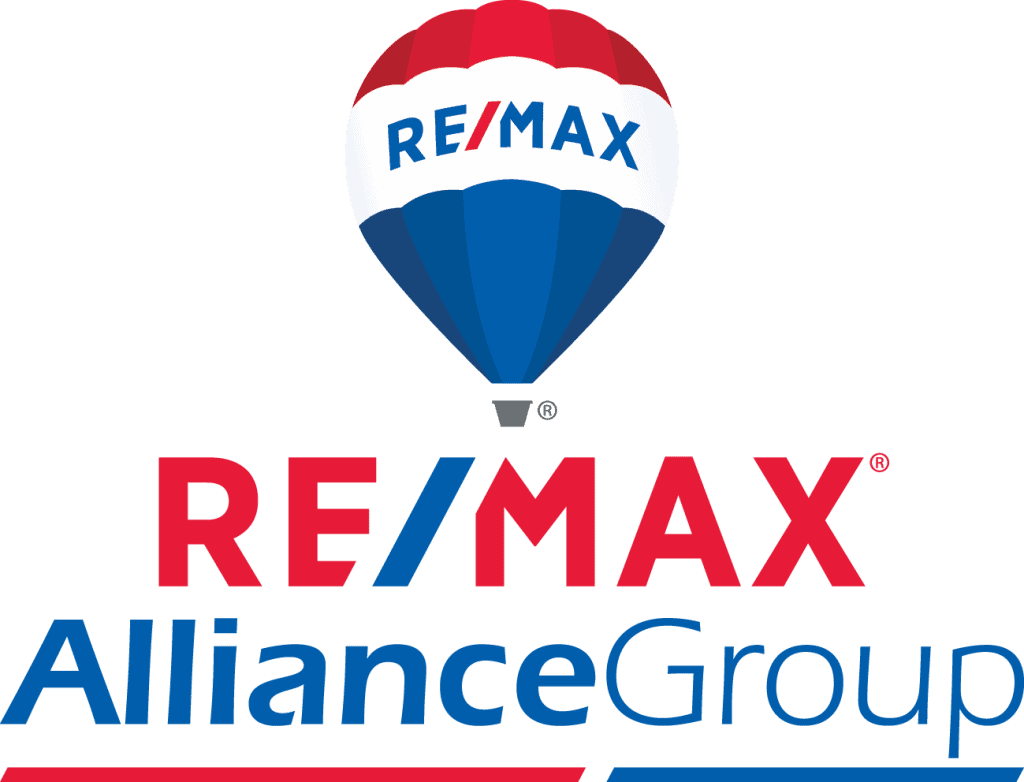The Senate is expected to clear a sweeping housing bill Saturday and send it to the president for his signature. The legislation would address the home-foreclosure crisis and shore up the government-sponsored mortgage giants Fannie Mae and Freddie Mac. The House passed the bill Wednesday by a vote of 272-152.
A look at what the bill would do:
— Give the Treasury Department the power to extend Fannie Mae and Freddie Mac an unspecified line of credit and to buy their stock, if necessary, to prop up the mortgage companies. The two companies back or own $5 trillion in U.S. mortgages — nearly half the nation’s total.
— Allow qualified homeowners facing foreclosure to apply for lower fixed-rate, 30-year mortgages backed by loan guarantees from the Federal Housing Administration. The original lenders would have to agree to take a loss on their loans.
— Create an independent regulator to oversee Fannie Mae and Freddie Mac. The regulator could establish minimum capital requirements for the two companies and limits on their portfolios. It would also have approval power over the pay packages of Fannie Mae and Freddie Mac executives.
— Provide $3.9 billion in grants to communities with the highest foreclosure rates to buy foreclosed and abandoned properties.
— Give about $15 billion in housing tax breaks, including a credit of up to $7,500 for first-time homebuyers who bought homes between April 9, 2008, and July 1, 2009.
— Increase the cap to $625,500 on the loans Fannie Mae and Freddie Mac can buy in certain high-priced areas, and a cap in other areas of up to 15 percent above the median home price.
— Count any federal infusion for the mortgage giants under the debt limit, essentially capping how much the government could spend to stabilize the companies without further approval from Congress. As of Tuesday, the national debt that counts toward the limit stood at about $9.5 trillion, roughly $360 billion below the statutory ceiling.
Before this formally goes into effect, NOW is the time to take advantage of existing home buying assistance programs that may be going away.
Two proposed changes are:
1. All government-sponsored zero-down-payment assistance programs would be eliminated as of October 1, 2008. To be eligible for these programs, all home loans would need to be approved by September 30, 2008.
2. The minimum down payment for Federal Housing Administration (FHA) loans, the largest purchaser of mortgages in the United States, would increase from 3 percent to 3.5 percent.
Material from The Associated Press was used in this report.
Thinking about buying or selling real estate in the Tampa Bay Area?
Have a Real Estate question?
Feel free to email or call us 813-784-7744
Rae Anna Conforti, PA and Michelle Jordan, PA
Realtors.
Search MLS
Prudential Tropical Realty







